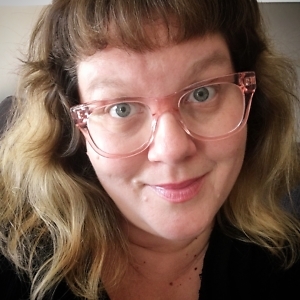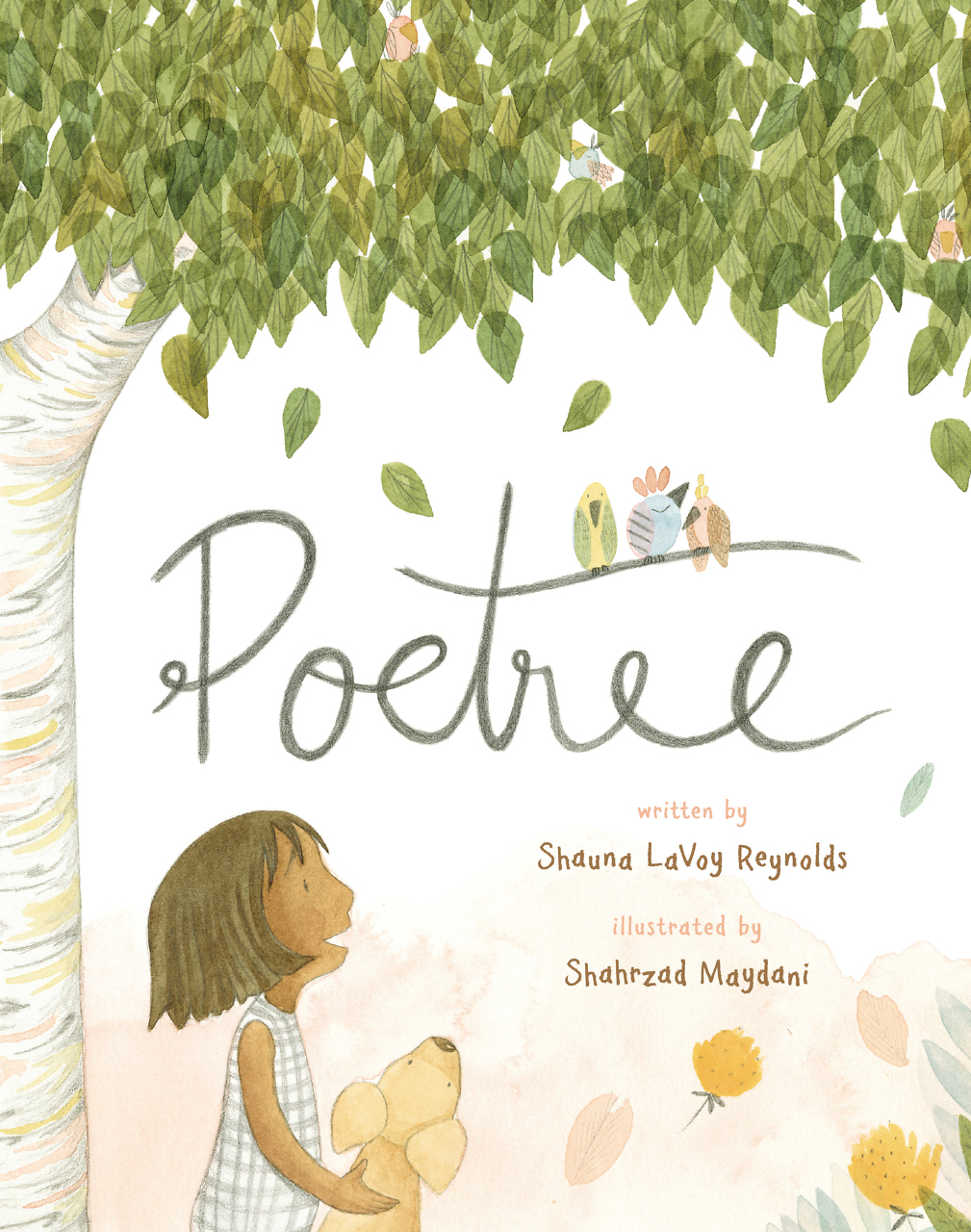Hell is Other People (and Other Ghosts)
In Rooms, Lauren Oliver explores the secrets that haunt both the living and the dead
Lauren Oliver, internationally bestselling author of young-adult novels, makes her debut for adults with Rooms, a ghost story. In the novel, Richard Walker’s death brings home his bitter ex-wife and estranged children, and memories associated with the house add to tensions between them.
 All the Walkers carry festering wounds. Caroline, the mother, is an alcoholic. Minna is sexually promiscuous. And Trenton, the youngest, has decided he doesn’t have the strength to live in his family’s path. Perhaps it’s Trenton’s acute misery that makes him the only one in the family who can sense the ghostly presences around him, beyond hearing the occasional slamming door or finding something knocked over. For the living are not the only ones in pain in this novel. Alice and Sandra both died in the house and now seem destined to hover eternally around the rooms, bickering and avoiding their own painful truths. Then a third ghost appears, exposing the secrets of the both the living and dead.
All the Walkers carry festering wounds. Caroline, the mother, is an alcoholic. Minna is sexually promiscuous. And Trenton, the youngest, has decided he doesn’t have the strength to live in his family’s path. Perhaps it’s Trenton’s acute misery that makes him the only one in the family who can sense the ghostly presences around him, beyond hearing the occasional slamming door or finding something knocked over. For the living are not the only ones in pain in this novel. Alice and Sandra both died in the house and now seem destined to hover eternally around the rooms, bickering and avoiding their own painful truths. Then a third ghost appears, exposing the secrets of the both the living and dead.
Prior to her appearance at the Southern Festival of Books on October, Lauren Oliver answered questions from Chapter 16 via email:
Chapter 16: There are many ways to judge success, and one of them must surely be landing on the reading list of the president of the United States. How did it feel to learn that Barack Obama had been spotted buying your book?
Lauren Oliver: It felt amazing! I was shocked and incredibly flattered. I really didn’t believe it until I had photographic evidence.
Chapter 16:“I feel a lot of adult fiction looks down on plot as a lesser form of literature,” you’ve said. In addition to plotting, are there other advantages that YA fiction has over most novels for adults?
Oliver: Well, I’m not sure I would term them advantages, necessarily—but differences, for sure. In YA fiction, there’s a huge emphasis on redemption. Endings don’t have to be happy, exactly, but they need to satisfy the reader’s desire for clarity and closure. Bad guys do need to be punished and good guys redeemed, for the most part. I don’t think that’s true of most adult fiction. Sometimes, it seems, the exigency is the reverse.
Chapter 16: What were the challenges in writing your first novel for adults?
Oliver: All writers have to work against self-doubt and self-criticism, and that’s true for any project. But I did struggle more than usual with fear and a sense that what I was attempting to do was beyond my scope. Beyond that, the challenges were endemic to the book itself and not to the fact that it was written for adults: there are multiple characters, many shifting threads that need to be unified, etc.
Chapter 16: Rooms is a ghost story. What literary ghostly conventions were you determined to keep—or, conversely, to cast off—as you were writing?
 Oliver: I don’t think I consciously made determinations before I started writing, although I was interested in exploring the ghosts’ relationship to the house as a kind of projective mapping—it’s not that they’re merely trapped in the house: it’s that the house is trapped in them. But I soon realized it was necessary to maintain the convention of ghostly interference—lights flickering, doors slamming, that kind of thing. Otherwise they become far too passive.
Oliver: I don’t think I consciously made determinations before I started writing, although I was interested in exploring the ghosts’ relationship to the house as a kind of projective mapping—it’s not that they’re merely trapped in the house: it’s that the house is trapped in them. But I soon realized it was necessary to maintain the convention of ghostly interference—lights flickering, doors slamming, that kind of thing. Otherwise they become far too passive.
Chapter 16: You’ve said that you don’t believe in happy endings. Without giving away any spoilers, can you talk about how Rooms reflects that belief—or subverts it?
Oliver: I don’t believe in happy endings in the sense that I don’t like for endings to feel like the complete answer, the resolution of every problem and every tension presented in the book. I don’t mean it in the sense that I think everyone should be left suffering. The ending of Rooms leaves most questions resolved but doesn’t give every character a clear road to resolution—only, perhaps, the suggestion of a way forward.
Chapter 16: You’re a co-founder of Paper Lantern Lit, which Fast Company calls a “literary incubator.” What excites you most about this project?
Oliver: I worked for some time as an editor at Penguin, and when I left to become a full-time author I really missed the opportunity to work with authors developing new book ideas. Paper Lantern Lit enables me to stay tapped into that world.
Chapter 16: Delirium is being made into a television series. If Rooms were made into a movie, who would you want to portray Alice and Sandra?
Oliver: Maybe Meryl Streep for Alice and Diane Keaton for Sandra. I know, I’m shooting high!

Faye Jones, dean of learning resources at Nashville State Community College, writes the Jolly Librarian blog for the college’s Mayfield Library. She earned her doctorate in nineteenth-century literature at Indiana University of Pennsylvania.





